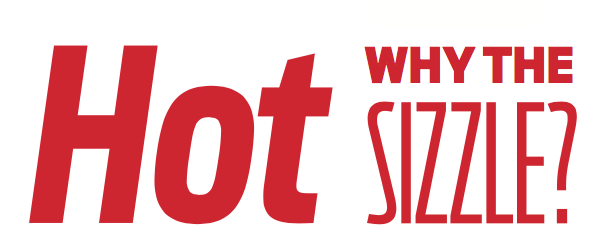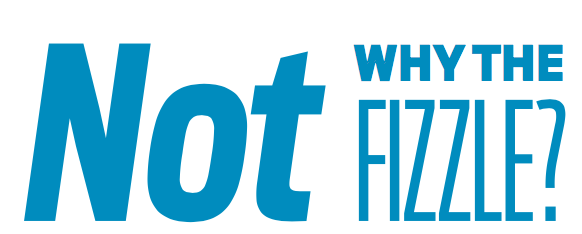Roofstock announced a new program that will allow investors to buy a share in a single-family rental home and collect a return on that investment, without having to act as a landlord. Investors can purchase shares in fully managed rental homes and reap the benefits of property ownership while mitigating risk and eliminating the need to manage the property themselves. According to Roofstock, the initial homes that are part of the fractional ownership program are located in the Atlanta and Indianapolis metropolitan areas.
Zillow
Zillow is taking the housing sector into the future. The company’s three- to five-year revenue target is $22 billion, of which $2 billion will be from agent, lender, rental, new construction and other leads and services, and $20 billion will be from buying and selling homes. To achieve this revenue target, it’ll buy 5,000 homes per month. Today, a seller asks Zillow to make them a purchase offer every five minutes. Zillow also plans for its newly acquired mortgage division to make 3,000 mortgage loans per month. The bottom line: ignore Zillow at your own risk.
Millennial takeover
It’s long been projected that Millennials will dominate the housing market. Now, new data from realtor.com reveals that it's finally happening. Millennials are buying houses. In January 2017, Millennials surpassed Generation X as the group that was responsible for the most new mortgages. Since then, Millennials' share of the mortgage market has continued to rise. By the end of 2018, Millennials represented 45% of all new mortgages, compared to 36% for Generation X, and 17% for Baby Boomers. What's new is that Millennials also finally surpassed older generations in the total dollar amount of those mortgages.
The sky will fall, on that most economists agree. Where they do differ, is when exactly they expect the U.S. economy to suffer two straight quarters of negative economic activity and what factors may lead up to that. In the latest survey from the National Association for Business Economics, 281 members reported their economic predictions. About 75% of the NABE Policy Survey panelists expect an economic recession by the end of 2021. While only 10% of panelists expect a recession in 2019, 42% say a recession will happen in 2020, and 25% expect one in 2021.
Equifax
Equifax is expecting various forms of punishment from the Consumer Financial Protection Bureau and the Federal Trade Commission over the agency’s data breach that exposed the personal information of 148 million U.S. consumers to hackers. The company revealed the expected sanctions in a recent filing with the Securities and Exchange Commission. The CFPB and FTC have both notified the company that they expect to seek “injunctive relief damages” in regards to the data breach. Beyond that, the CFPB plans to seek “civil money penalties,” the company said.
Mortgage prepayments
January’s prepayment rate neared a two-decade low, according to the latest report from Black Knight. The prepayment rate in January fell to its lowest level since November 2000 – an 18-year low. This is down more than 10% from December 2018 and more than 25% from January 2018. Seasonal reductions in home sales outweighed any interest-rate-driven increase in refinance incentive. With January dropping even year over year, lenders may need to brace for a slower home buying season this year, especially if interest rates once again begin to rise.







